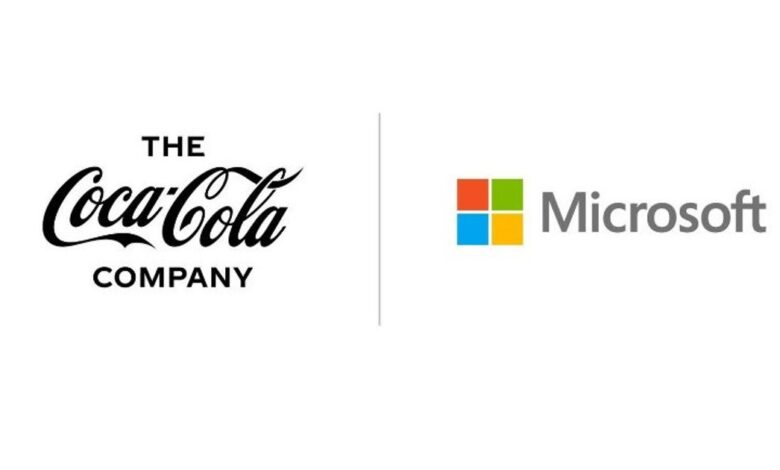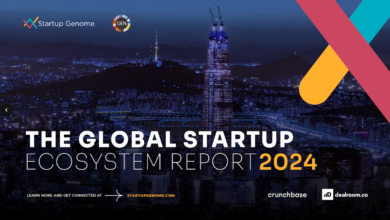Coca-Cola & Microsoft Partner to Accelerate Cloud and Gen AI

Microsoft and The Coca-Cola Company have announced a groundbreaking US$1.1bn, five-year strategic partnership that will align Coca-Cola’s core technology strategy across its global operations and enable the adoption of cutting-edge Microsoft technology on a global scale.
Under this collaboration, Coca-Cola has committed $1.1 billion to the Microsoft Cloud and its generative AI capabilities (Gen AI), underscoring the beverage giant’s sweeping technology transformation anchored by Microsoft as its preferred global cloud and AI platform partner.
The companies will jointly experiment with technologies like Azure OpenAI Service to develop innovative Gen AI use cases across various Coca-Cola business functions, including testing how Microsoft’s Copilot for Microsoft 365 could enhance workplace productivity for its more than 700,000 employees around the world.
“Through our long-term partnership, we’ve made significant progress to accelerate systemwide AI transformation across The Coca-Cola Company and its network of independent bottlers worldwide,” said Judson Althoff, Microsoft’s Executive Vice President and Chief Commercial Officer. “We’re proud to support Coca-Cola as it continues to embrace the era of AI and looks to solutions like Azure OpenAI Service and Copilot to drive innovation across every area of its business.”
Microsoft enables Coca-Cola Company’s commitment to digital transformation
Already a trailblazer in AI adoption – last year using GPT-4 and DALL-E technologies for a festive campaign to create user-generated personalised festive cards – Coca-Cola has migrated all applications to Microsoft Azure, with most major bottling partners following suit. Having innovated with Gen AI for nearly a year, Coca-Cola has already harnessed Azure OpenAI Service to reimagine processes from marketing to manufacturing, supply chain and beyond. Today, the company is exploring Gen AI-powered digital assistants on Azure OpenAI Service to improve customer experiences, streamline operations, drive innovation, gain competitive advantages, boost efficiency and unlock new growth opportunities.



